What are Lion’s Mane Mushrooms?
Lion’s Mane, also known as Hericium erinaceus, is a beautiful, white, furry looking mushroom that has been used for ages in both the culinary and medical worlds around the globe. They can be prepared raw, cooked, dried into capsules, or even steeped as a tea. However, their versatility does not end there! They have many potential benefits on our overall health; from mental health to cancer, there may be a spot for Lion’s Mane in your daily routine.
What are the Lion’s Mane Mushroom Benefits?
1. Improve Memory, Focus, and Mental Clarity
Lion’s Mane's health benefits are endless, but its most profound effects have been on improving memory and cognition. Recognition memory is the ability to identify an event, object, or person that has been encountered previously and faces an age-related decline.
One study found that supplementing the standardized extracts of two constituents from Lion’s Mane, hericenones and erinacine, reversed this age-decline of recognition memory in mice [1]. Lion’s Mane’s ability to induce the growth of nervous tissue (neurogenesis) in the hippocampus is likely the mechanism underlying its ability to regress recognition memory decline during aging [1].
Lion’s Mane has also exhibited neuroprotective actions through its ability to prevent neuronal damage caused by beta-amyloid plaques; accumulations that build up in the brain in Alzheimer’s disease [2,3,4]. The beta-amyloid proteins are naturally occurring, but when they build up and form plaques, this results in disruption of proper cell functioning in the brain.
2. Support Heart and Circulatory System Health
Mushrooms and heart health have been increasing in popularity. Lion’s Mane was found to be a potent inhibitor of LDL oxidation and HMG-CoA reductase activity, meaning it may have potential in prevention of oxidative-stress mediated vascular diseases [5].
3. May Offer Protection Against Cancer
The development of cancer in our bodies lies in a process in which DNA may become damaged and result in unregulated division and replication of cells. Polysaccharides are a large component of Lion’s Mane and have been researched to hold anti-cancer properties. One specific polysaccharide, HEG-5, was studied and found to inhibit proliferation and formation of human gastric cancer cells by promoting programmed cell death and cell cycle arrest, which would assist in preventing the uncontrollable replication of cells that results in cancer [6].
4. Encourage Nervous System Recovery
When we think of nerve injuries, the most common supplement to come to mind is vitamin B12. It has long been deemed as a vital component in the treatment of peripheral nerve disorders or injuries. However, one study compared the efficacy of B12 to an extract of Lion’s Mane in their abilities to heal peripheral nerve injuries [7]. This study found that the group treated with Lion’s Mane exhibited signs of normal functioning earlier than the negative control group [7]. Its ability to assist in healing was due to its role in increasing the speed of the cascade of events that lead to nerve regeneration [7].
5. May Help Reduce Anxiety and Depression
Lion’s Mane has been found to be effective in reducing mild signs and symptoms of anxiety through its anti-inflammatory and neurotrophic actions. The hippocampus is a region of the brain responsible for emotion and memory. Countless studies have found that in mood disorders, such as depression, this region is less than average in size, meaning there is a shrinkage of brain circuits in the area, affecting its functioning. A study published in 2018 found that the actions of Lion’s Mane in exerting anxiolytic and anti-depressant effects may lie in its ability to enhance neurogenesis in the hippocampus [8].
6. Support Stomach and Digestive System
One study was able to isolate the polysaccharide, HECP, from Lion’s Mane and found that its use was able to improve oxidative damage and suppress development of inflammation by inhibiting inflammatory markers, such as COX-2 [9]. This research suggests that Lion’s Mane may act similarly to a group of non-steroidal anti-inflammatory drugs (NSAIDs) called COX-2 inhibitors [9]. The treatment group had decreased levels and expression of pro-inflammatory markers in the body, illustrating that Lion’s Mane may work in the treatment of colitis and reduce inflammation of the gut [9]. Moreover, the HECP polysaccharide illustrated the ability to regulate gut microbiota and treat dysbiosis (imbalance of gut bacteria) by elevating levels of favourable bacterial species and decreasing pathogenic ones [9].
7. Reduces inflammation in Fatty Tissue
Chronic inflammation in fatty tissue is thought to be an underlying cause of various metabolic diseases [10]. Among many other functions, Lion’s Mane was found to suppress TNF-alpha and IL-6 production, both of which are pro-inflammatory cytokines [10]. Overall, the study found that Lion’s Mane exerts anti-inflammatory effects and prevents or lessens fatty tissue inflammation associated with obesity [10].
8. Improve Sleep Cycle
A study was done in 2019 that assessed whether Lion’s Mane could improve depression, anxiety, sleep, and binge eating disorders in a group of overweight patients after 8 weeks of supplementation [11]. They assessed the serum balances of brain-derived neurotrophic factor (BDNF) and its precursor pro-BDNF before and after supplementation of Lion’s Mane and found that the patient’s presented with increased serum levels of pro-BDNF, and improvements in their depression, anxiety, and sleep quality [11].
9. Boost the Immune System
As discussed, Lion’s Mane has the ability to boost the immune system by improving sleep, supporting the gut microbiota, potentially protecting against cancer and protecting against oxidative stress.

Ways to Consume Lion’s Mane Mushrooms
Lion's Mane mushrooms can be consumed in various ways, including:
Fresh: Fresh Lion's Mane mushrooms have a mild flavor and can be cooked in a variety of dishes, such as soups, stews, stir-fries, and salads.
Dried: Dried Lion's Mane mushrooms can be rehydrated and used like fresh mushrooms. They have a more concentrated flavor and can add a rich, umami flavor to dishes.
Powder: Lion's Mane mushroom powder can be added to smoothies, shakes, and other beverages for a nutrient boost. It can also be used as a seasoning in soups, sauces, and other dishes.
Capsules and supplements: Lion's Mane mushroom supplements are available in capsule, tablet, or tincture form. They can be taken as a dietary supplement to provide various health benefits.

Recommended Dosages of Lion’s Mane Mushrooms
Eversio Wellness recommends that individuals should not consume more than 12,000 mg of dried fruiting body per day. Eversio Wellness’ Lion’s Mane product FOCUS NOW contains > 52% of beta-glucans, > 24% of terpenes, and 0.06% of ergothioneine, and they recommend consuming 1000 mg of the Lion’s Mane extract per day, which has a quantity crude equivalent of 8000 mg.
Where to Buy Quality Lion’s Mane Supplement
Although the market for medicinal mushrooms is wide, it is important to be mindful of what is inside the products you are buying so you can experience the most potent mushrooms. Eversio Wellness carries 100% fruiting body-only mushroom extracts, and they consistently practice transparency to their consumers by sharing the COAs (Certificate of Analysis) of each product. The COAs reassure consumers that the percentage of compounds claimed to be in the products is scientifically confirmed through lab testing. The COA confirms the percentages of the beneficial constituents and tests the heavy metal and microbial contents to ensure you’re getting the best mushroom supplements possible. There is no better time than now to buy mushrooms online.
Related Articles
Want to learn more about Lion's Mane Mushroom? Check out these related blogs.
- Does Lion's Mane Help with Memory
- The Versatility of Lion's Mane
- Lion's Mane (Hericium erinaceus) and Mental Health
- Tremella, Lion's Mane, and Cordyceps as Neutrophics
We hope you have found this article informative. If you have any questions or comments, please leave them in the comment section below!
By Silvana Jakupovic — BSc and 4th Year Student of Naturopathic Medicine (CCNM-Boucher)

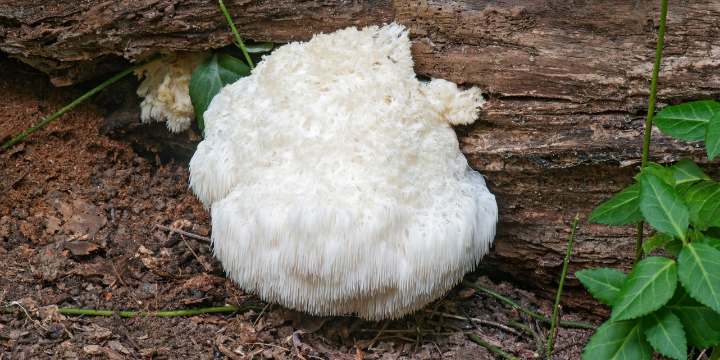
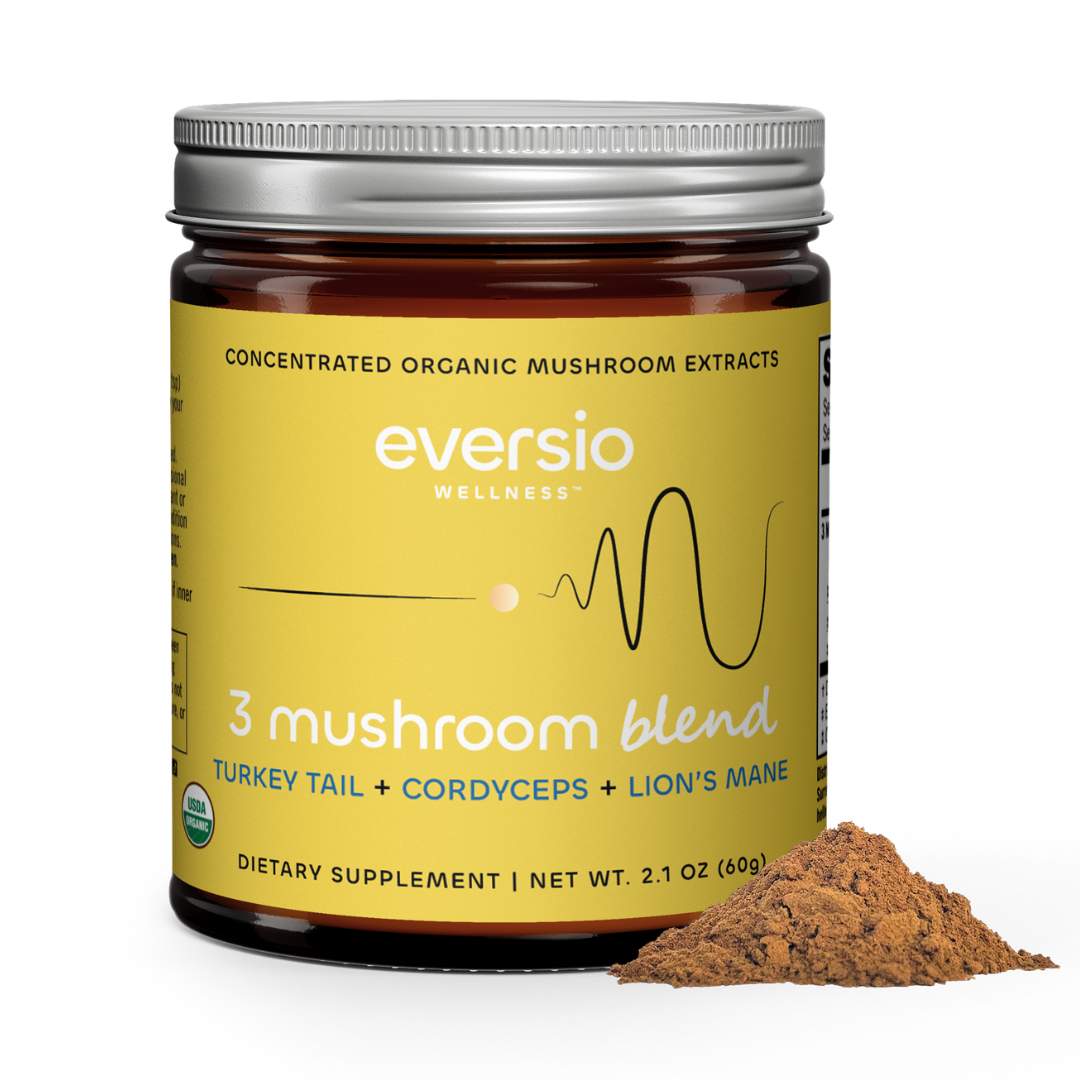
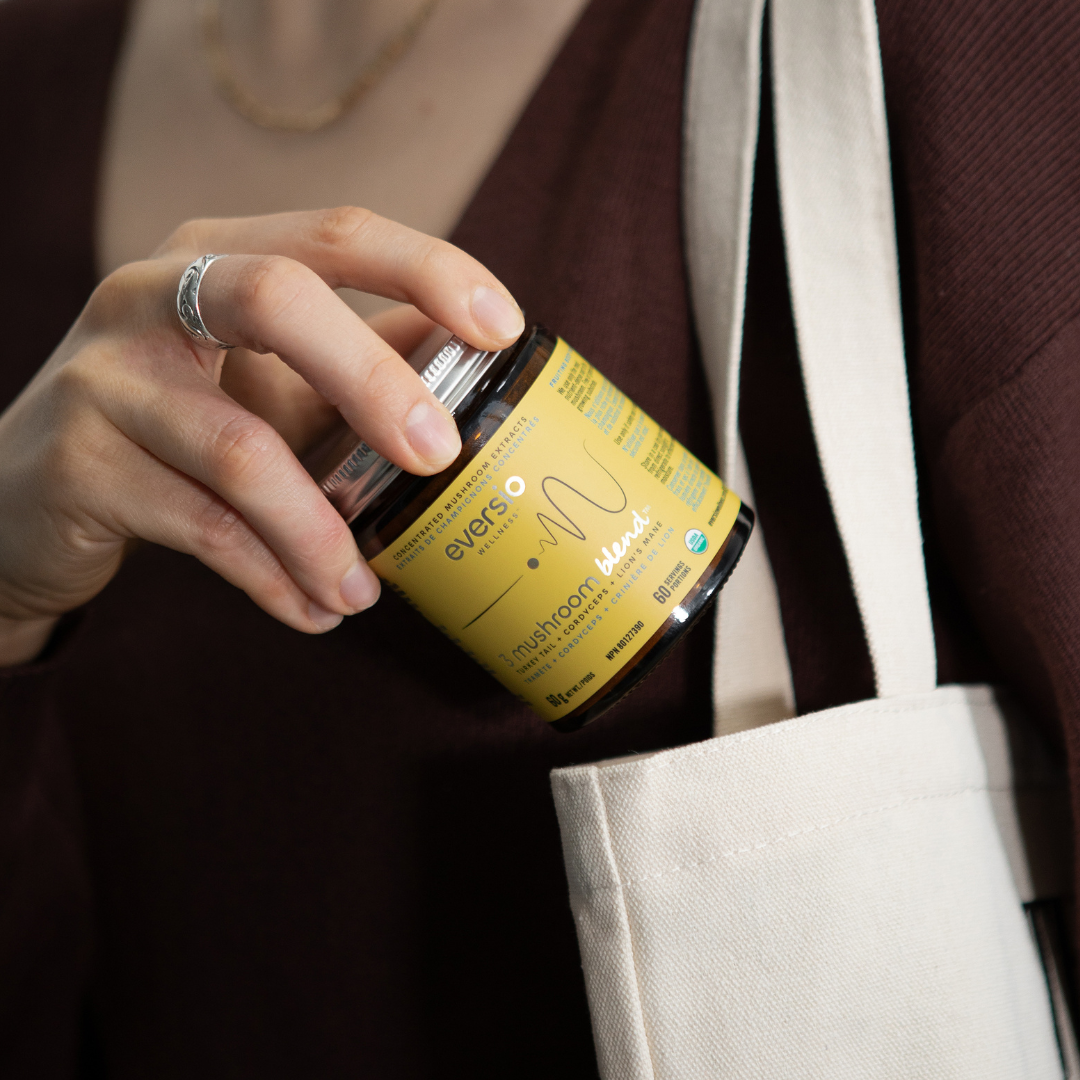

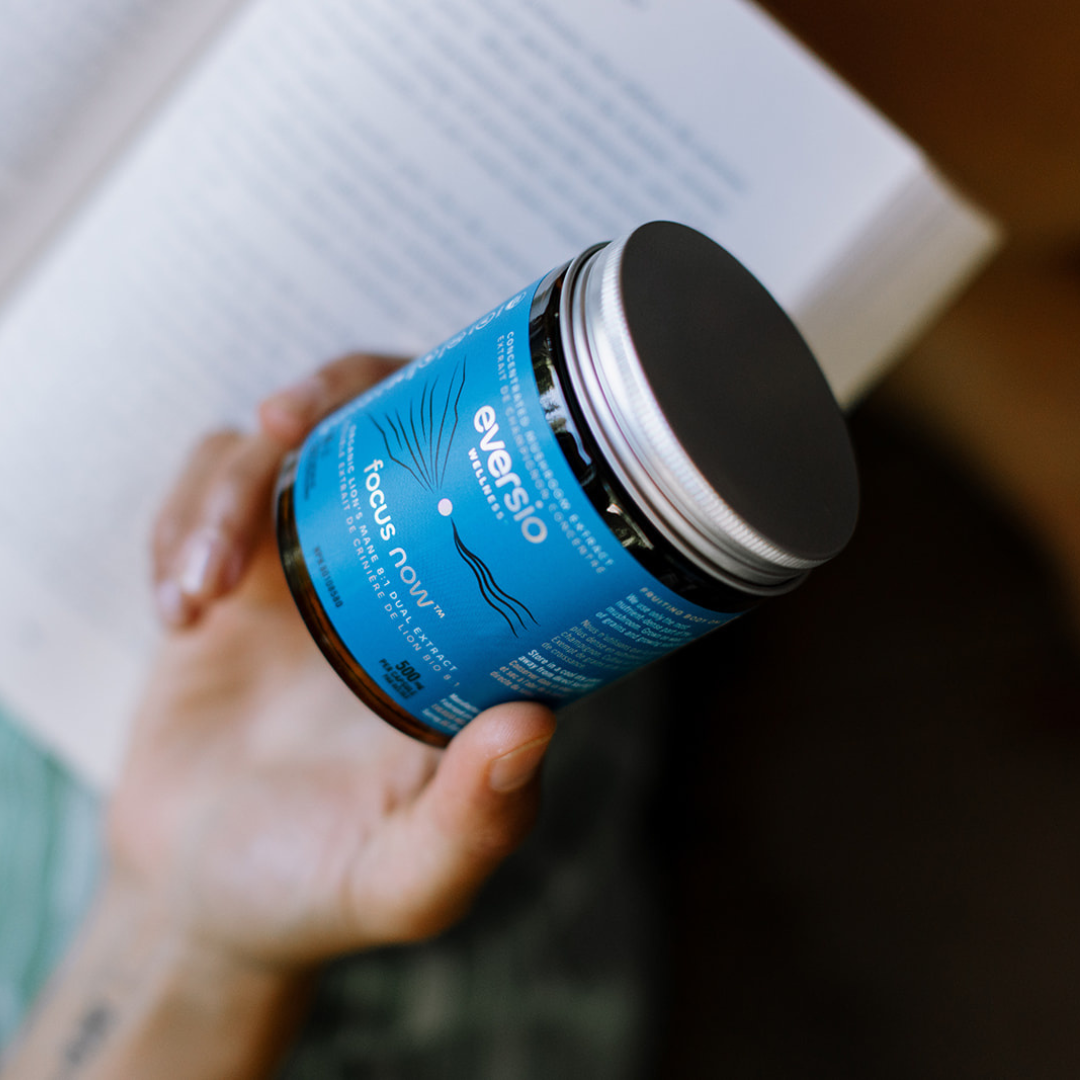
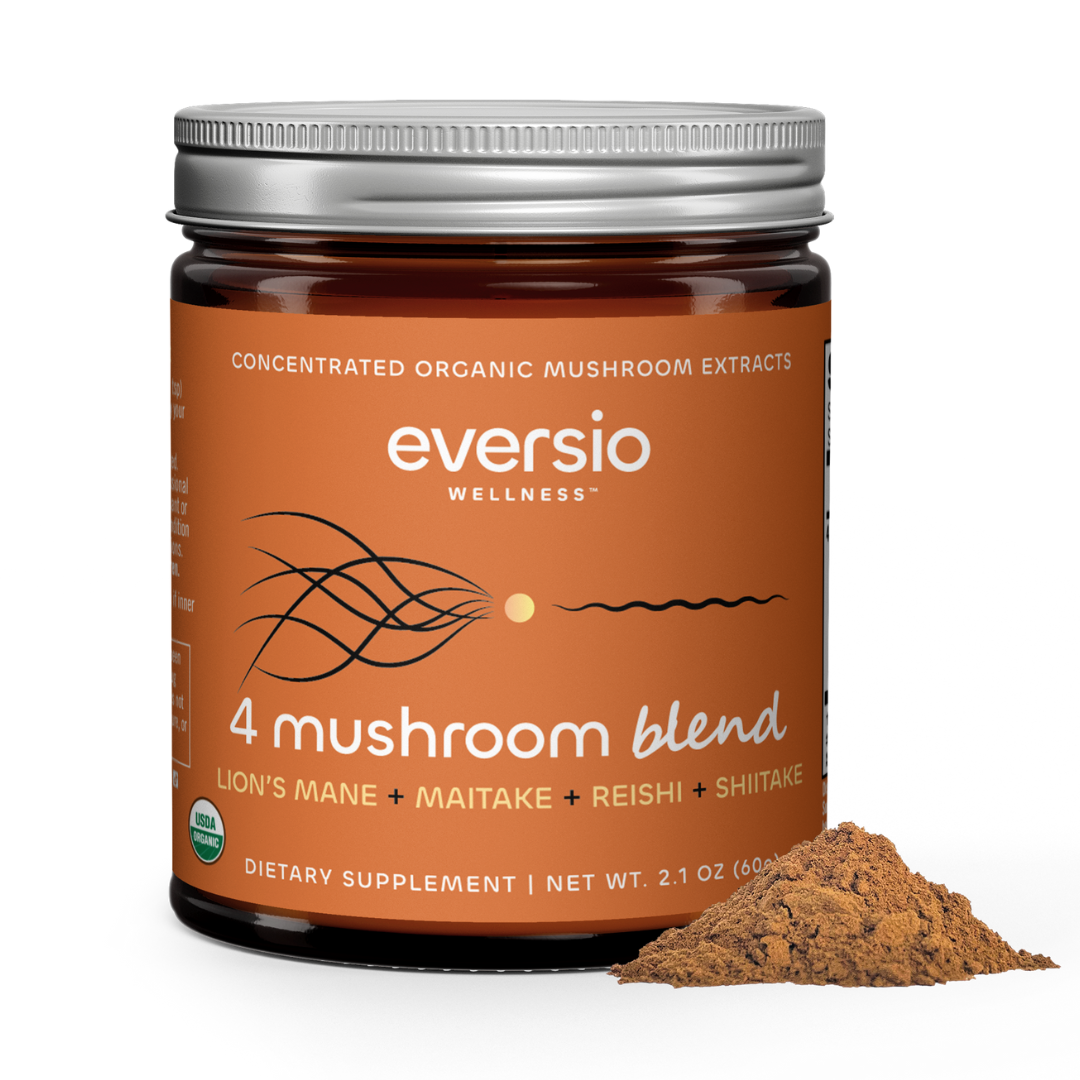
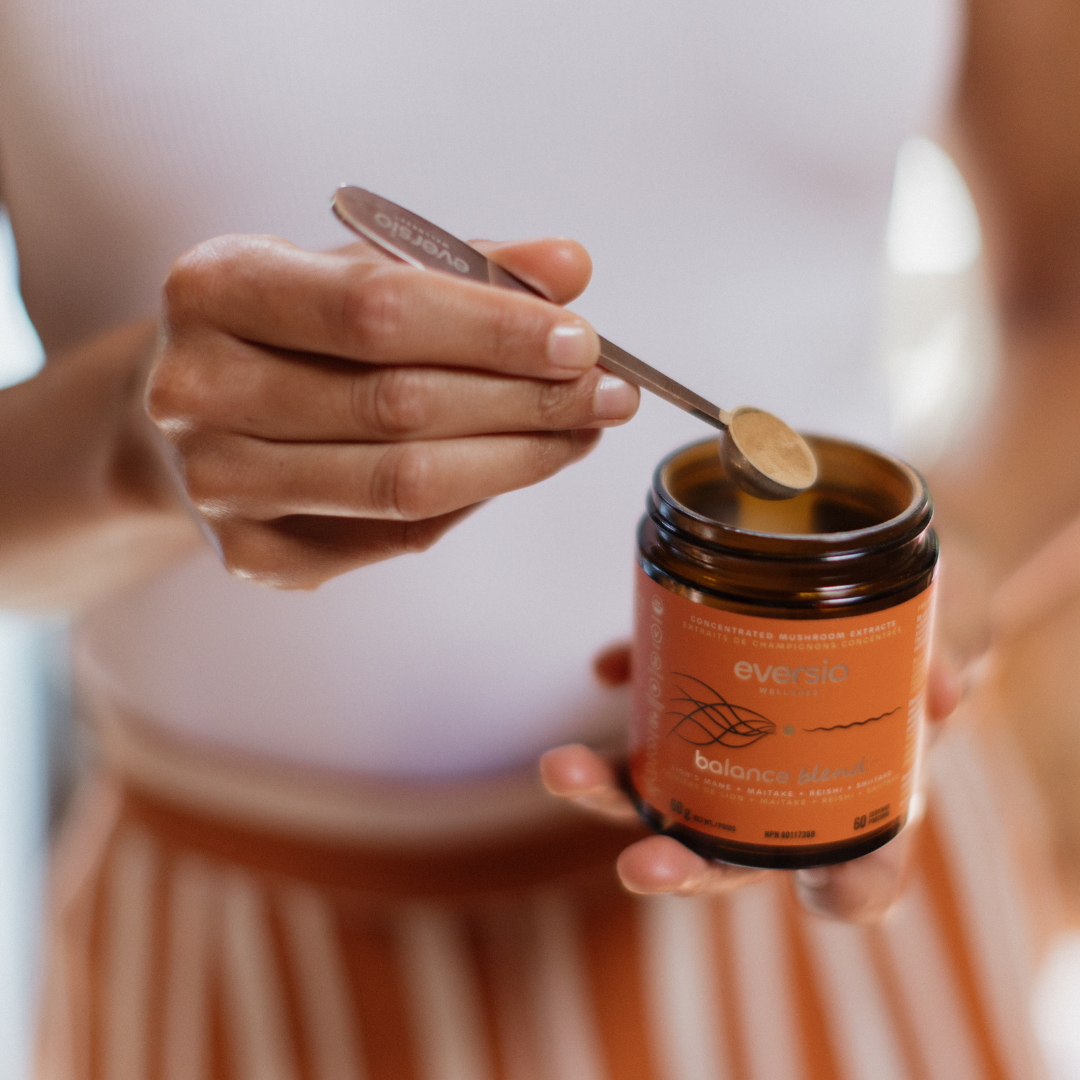
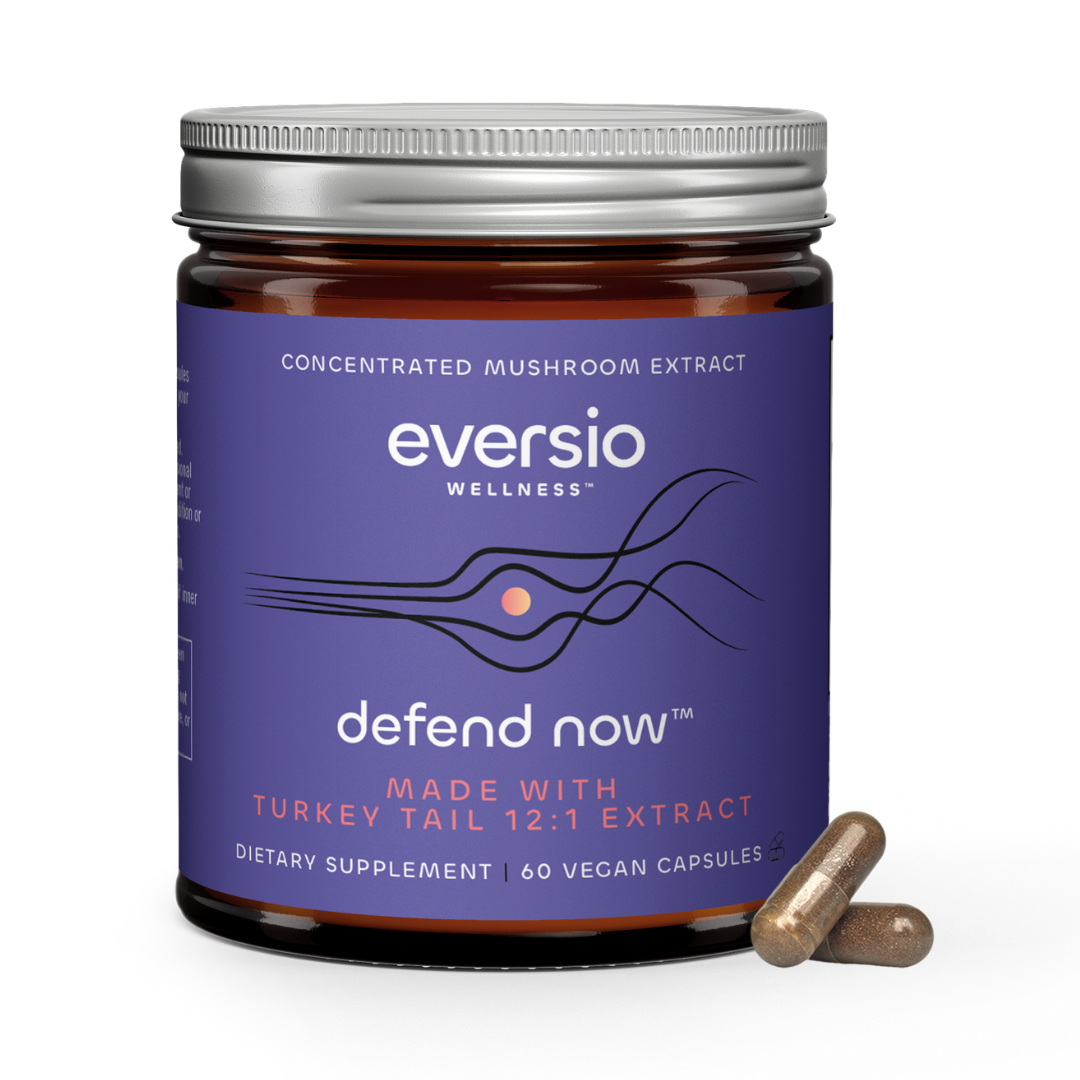
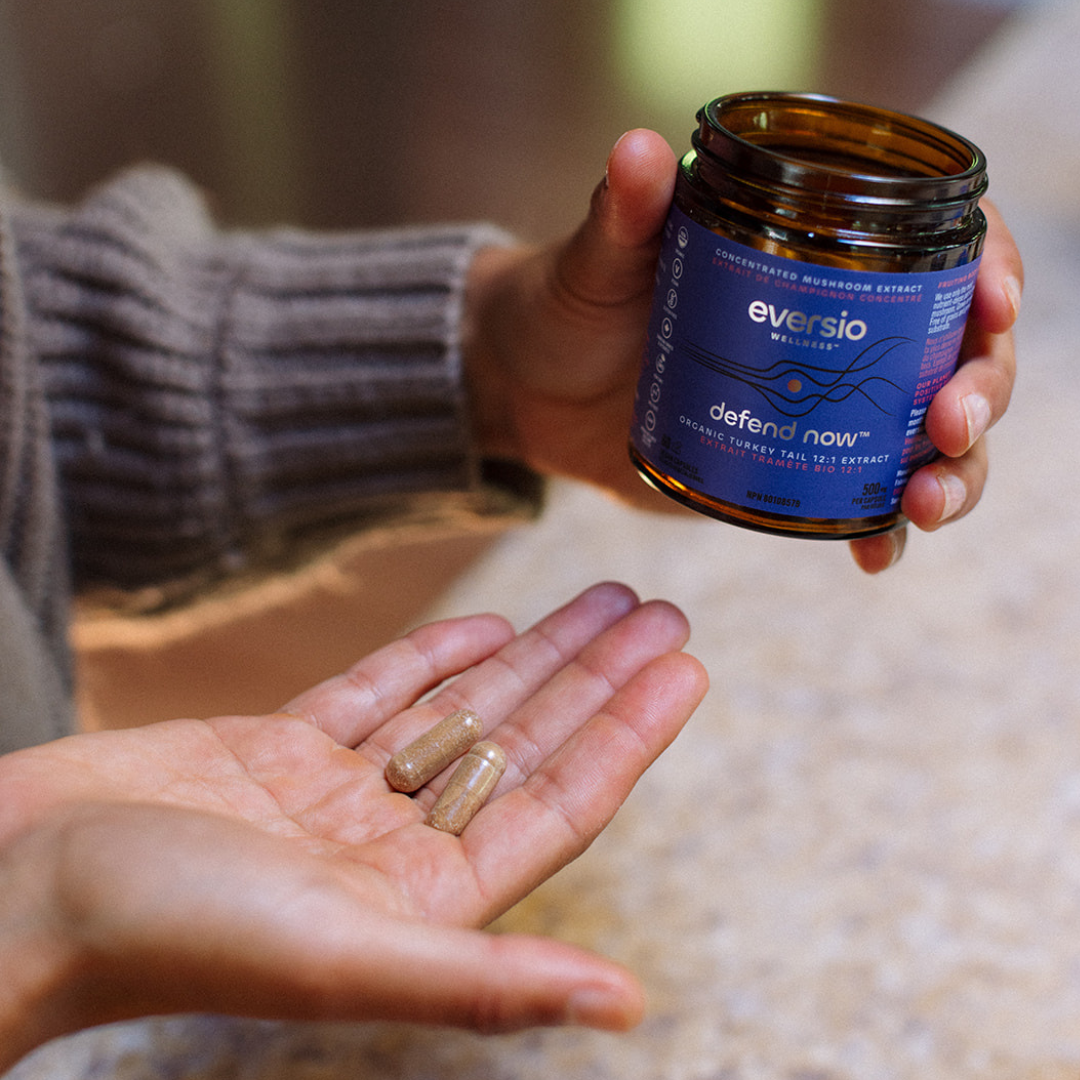
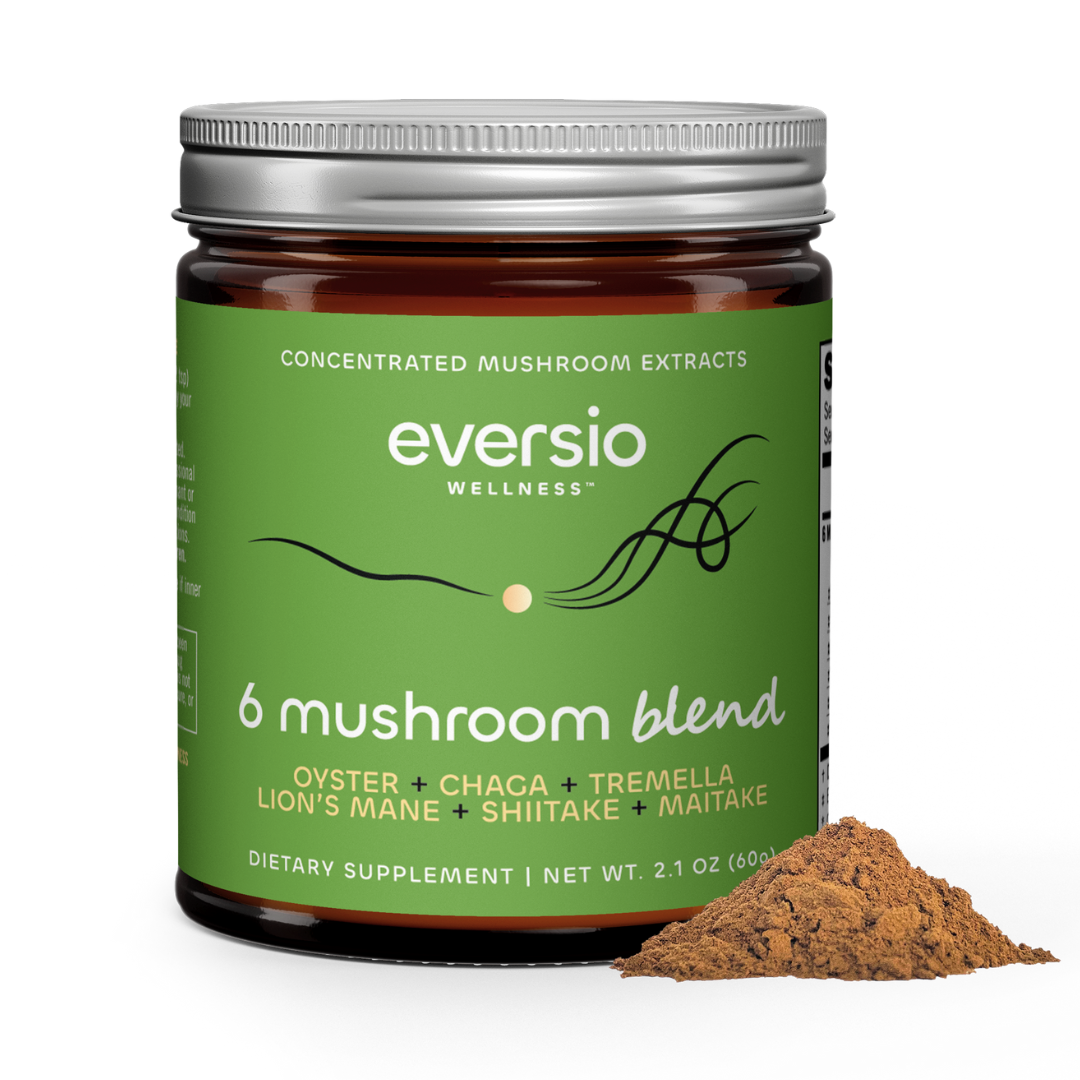
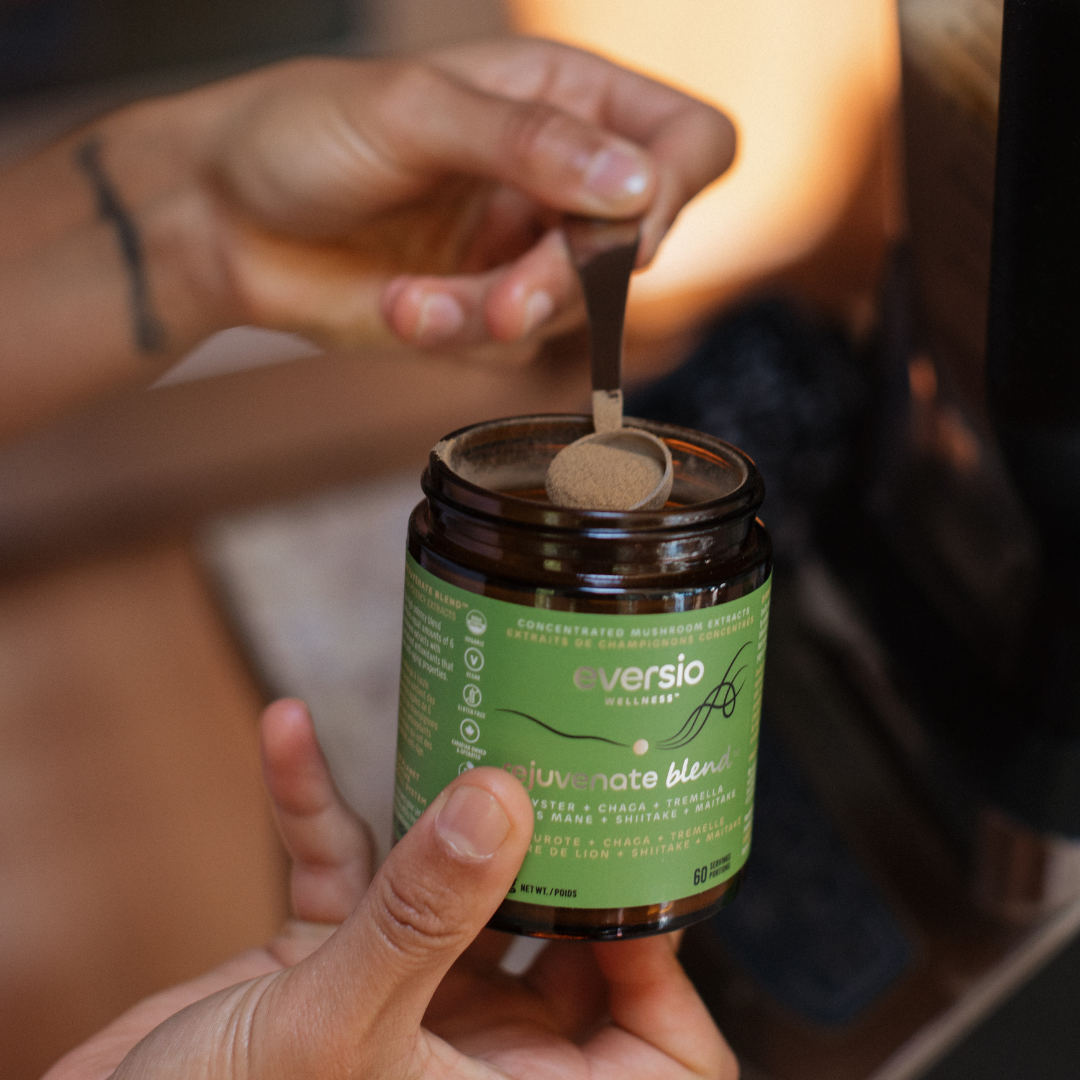
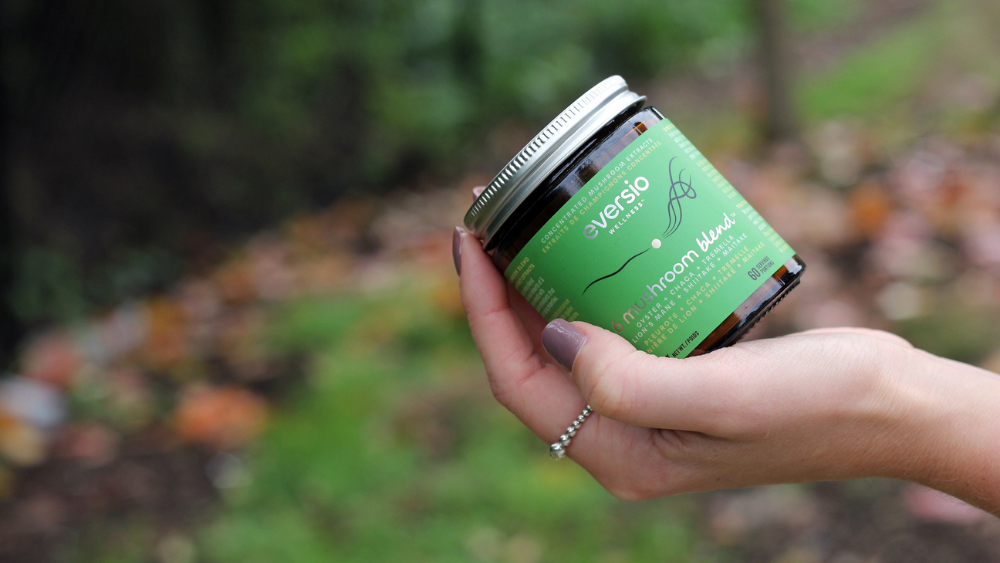







Leave a comment
All comments are moderated before being published.
This site is protected by hCaptcha and the hCaptcha Privacy Policy and Terms of Service apply.